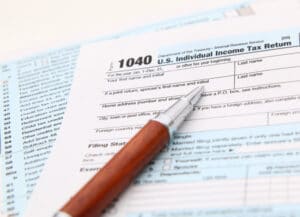The Accountable Plan: A Win-Win Tax MoveOctober 21, 2021
If you haven’t already, consider establishing an accountable plan to offer some financial relief to your workers for this lost tax benefit. Here’s what you need to know: The basics of an accountable planAn accountable plan is a set of rules a business uses for employee reimbursement of business expenses. It’s used to reimburse employees for travel expenses, supplies, tools, and home office expenses that employees initially pay out of their own pockets. Businesses create accountable plans for two reasons: To ensure reimbursements won’t be treated as taxable income for employees and to prevent the need to pay payroll taxes on reimbursements. It’s a win-win for both parties. Requirements to keep an accountable plan tax freeWhile there are tax benefits for both the employer and employee, there are a lot of tax rules that must be followed. Employees need to meet these three requirements in order for an accountable plan to qualify for the tax exemption:
If these requirements aren’t met, reimbursements will be taxable to employees and employers. Don’t let excess payments trip you upEmployers should consider potential excess payment issues that may come up with accountable plans. Typically, an excess payment occurs when a business provides an advance for a business trip and an employee spends less than the advance amount. In this case, the employee will have to return the excess within a reasonable amount of time. So what’s the definition of reasonable? The IRS says that the following actions are treated as having taken place within a reasonable period of time. Employees need to:
Create an audit-proof accountable planAlthough you don’t have to formally submit an accountable plan to the IRS, it’s important to create a plan in writing in case the IRS ever challenges the tax benefits. After employees properly substantiate their expenses, you should file and retain the documentation of these expenses. Please call to find out if an accountable plan may make sense for your business. |
|
 Having an accountable plan has always been a great way for a business to give employees a tax-free benefit that’s also deductible, but it’s now more relevant than ever as companies are finding it difficult to attract and retain qualified employees.
Having an accountable plan has always been a great way for a business to give employees a tax-free benefit that’s also deductible, but it’s now more relevant than ever as companies are finding it difficult to attract and retain qualified employees.